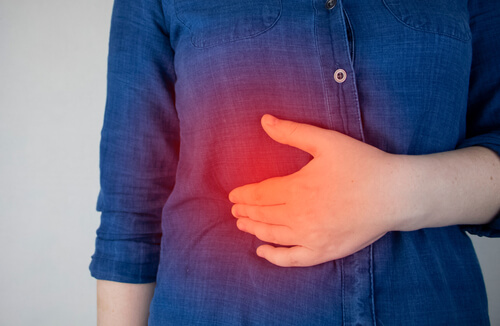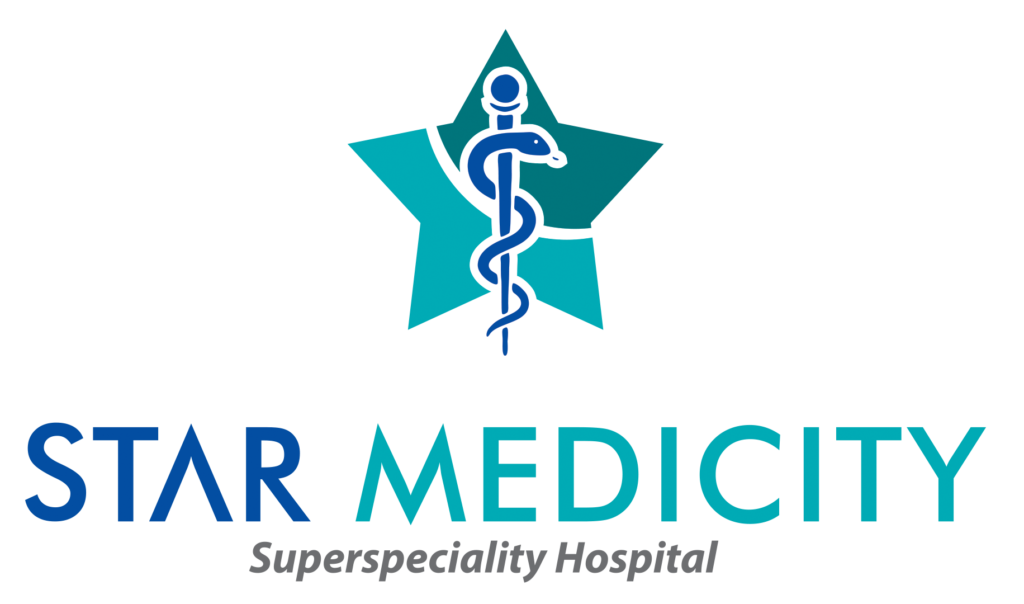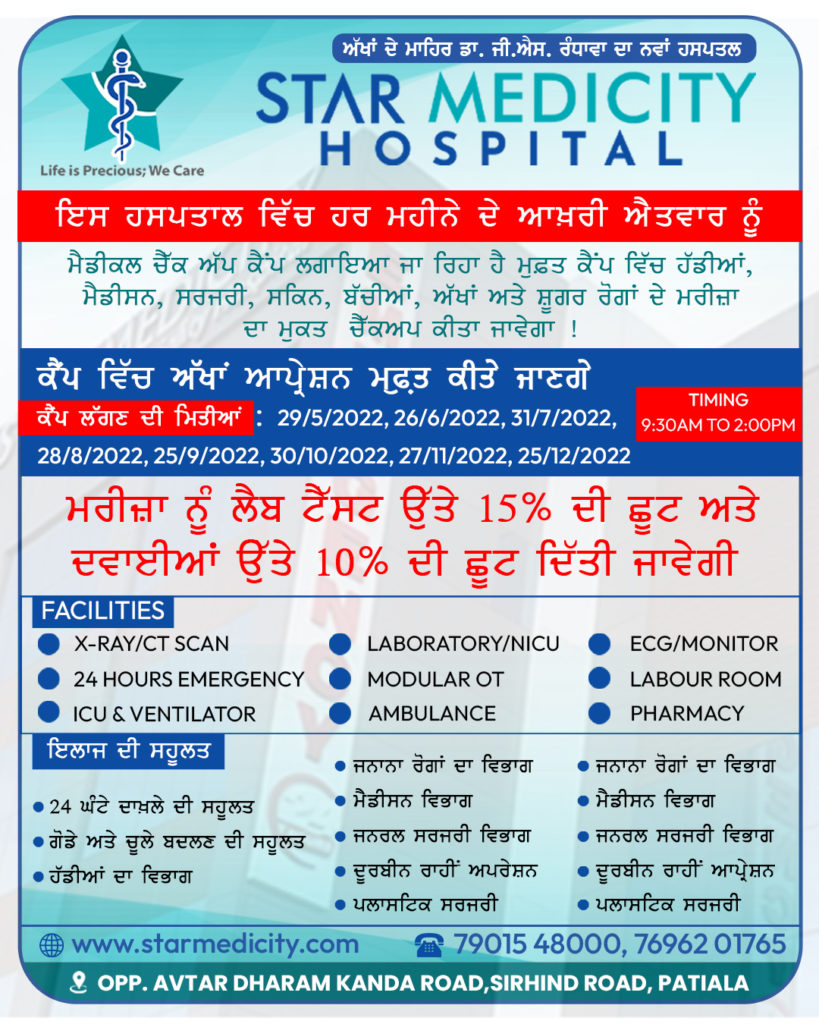
What is Ulcerative Colitis?
The colon is one of the important parts of the digestive system that removes water from undigested food and stores the remaining waste material. Ulcerative colitis (UC) is an inflammatory bowel disease (IBD) that causes irritation, inflammation, and ulcers in the lining of the large intestine (colon), or rectum, or both. This inflammation produces tiny sores called ulcers on the lining of the colon. It usually begins in the rectum and spreads upward and can spread to the entire colon.
This results in the emptying of bowel contents frequently. Ulcers are formed when the cells on the surface lining of the bowel die which causes bleeding and discharge of mucus and pus.
Causes of Ulcerative Colitis:
According to some researchers, UC may be the result of an overactive immune system but it’s not clear as to why some immune systems respond by attacking the large intestines and not others.
Here are some factors that may play a role in developing UC:
- Genetics – Studies suggest that people with Ulcerative colitis are more likely to have certain genetic features. The specific gene expression that a person has may affect the age at which the disease appears. Additionally, the patient may have inherited a gene from a parent increasing the susceptibility of developing UC.
- Immune disorders – One of the causes might be a malfunction in the immune system.
- The immune system is supposed to defend the body against harmful bacteria, viruses, fungi, and other foreign invaders. The immune system gets activated when the body is exposed to harmful invaders but in patients with UC, the immune system is abnormally and chronically activated in the absence of invaders. The continued abnormal activation of the immune system causes chronic inflammation and ulceration of portions of the large intestine. This susceptibility to abnormal activation of the immune system could be genetically inherited.
- Theory suggests that ulcerative colitis may be an autoimmune condition. A disorder in the immune system leads to the system fighting nonexistent infections resulting in the inflammation of the colon.
- Environmental factors – Bacteria, viruses, and antigens may trigger the immune system. Below environmental factors also plays a major role in the onset of UC:
- Diet
- Air pollution
- Smoking
- Internal factors like stress.
- Symptoms of UC
Symptoms of UC:
Symptoms vary depending on the extent of the disease (the amount of the colon and rectum that are inflamed) and the intensity of inflammation. Generally, patients with inflammation confined to the rectum and a short segment of the colon adjacent to the rectum have milder symptoms than patients with more widespread inflammation of the colon.
The main symptom of ulcerative colitis is diarrhoea. Other problems include:
- Diarrhoea, often with blood or pus
- Weight loss
- Stools become progressively looser
- Fever
- Dehydration
- Joint pain or soreness
- Skin sores
- Abdominal pain
- Fatigue or tiredness
- Increased abdominal sounds
- Rectal pain and bleeding
- Malnutrition
- Pain or bleeding with bowel movements
- Urgency to defecate
- Inability to defecate despite urgency which may cause straining, pain, and cramping (Tenesmus).
- Loss of appetite
- Anaemia
- Elevated temperature
- Constant urge to pass stools
- Children’s growth may slow.
Other symptoms may include:
- Joint pain and swelling
- Mouth sores (ulcers)
- Nausea and vomiting
- Skin lumps or ulcers
- Eye inflammation
Types of Ulcerative Colitis
Doctors often classify ulcerative colitis according to its location and the extent of inflammation. Types of ulcerative colitis include:
- Ulcerative proctitis – It is the mildest form of UC. Inflammation occurs in the rectum and rectal bleeding may be the sole sign of the disease. Other patients with more severe rectal inflammation may experience rectal pain, urgency (sudden feeling of having to defecate and a need to rush to the bathroom for fear of soiling), and tenesmus (an inability to pass stools despite frequent urges).
- Proctosigmoiditis – Inflammation involves the rectum and the lower end of the colon called the sigmoid colon. Symptoms include rectal bleeding, abdominal cramps and pain, and an inability to move the bowels despite the urge to do so (Tenesmus). Some patients with Proctosigmoiditis also develop bloody diarrhoea and cramps and a constant urge to pass stool.
- Left-sided colitis – This causes inflammation that starts from the rectum and extends up the left colon (sigmoid colon and descending colon). Symptoms of left-sided colitis include bloody diarrhoea, abdominal cramping on the left side, weight loss, and urgency to defecate.
- Pancolitis refers to inflammation in the entire colon (right colon, left colon, transverse colon, and rectum).
Symptoms include:
- Severe bloody diarrhoea
- Abdominal pain, and cramps
- Fatigue
- Considerable weight loss
- Fever
- Night sweats
- Fulminant colitis
This is a rare, severe form of pancolitis that is potentially life-threatening and affects the whole Colon. Patients with Fulminant colitis suffer from dehydration, severe abdominal pain, protracted diarrhoea with bleeding, and even shock. They may develop toxic megacolon (marked dilatation of the colon due to severe inflammation) and colonic rupture (perforation).
Surgical removal of the diseased colon is necessary to prevent colonic rupture if the patients do not respond to the treatment.
Acute severe ulcerative colitis is a rare form of UC that affects your entire colon and causes severe pain, heavy diarrhoea, bleeding, and fever.
When a patient with ulcerative proctitis relapses, the inflammation usually is confined to the rectum but some patients with ulcerative Proctitis or Proctosigmoiditis can further develop more extensive colitis in the later stages such as left-sided colitis or even pancolitis.
Diet and Treatment
- Consuming a low-fat diet – Foods high in fat commonly cause diarrhoea. Consuming low-fat foods may regulate flares.
- Taking in more vitamin C– Vitamin C creates a protective effect and helps the intestine heal faster. Diets rich in vitamin C provide prolonged periods of UC remission. Ex: Lemon, parsley, bell peppers, spinach, and berries.
- Maintaining a food journal– It may be reasonable to keep a food journal to track what foods aggravate symptoms and foods that don’t aggravate symptoms.
- Eating small portions of food throughout the day in constant intervals.
- Drinking plenty of water.
- Avoiding high-fiber foods.
- If you are Lactose Intolerant – avoid milk products.
Treatment will focus on:
- Maintaining remission to prevent further symptoms.
- Managing the condition until symptoms go into remission.
- The doctor may prescribe different kinds of drugs such as:
- Antibiotics – They fight infections and help your large intestine heal.
- Aminosalicylates – These drugs fight inflammation and help control symptoms.
- Corticosteroids – If Aminosalicylates don’t work or symptoms are severe, your doctor might prescribe these anti-inflammatory drugs for a short time.
- Immunomodulators – They help in regulating the attacks of your immune system on your colon.
- Biologics- These drugs are derived from proteins in the living cells instead of chemicals. They’re for people with severe ulcerative colitis.
- Loperamide- This drug can slow or stop diarrhoea.
- Surgery – If UC is severe and other treatments don’t work, you might need surgery to remove your colon (colectomy) or colon and rectum (proctocolectomy).
When to see a doctor
See your doctor if you experience a persistent change in your bowel habits or if you have the following symptoms:
- Abdominal pain
- Blood in your stool
- Constant diarrhoea
- Fever lasting more than a day or two.
It is important to consult a physician if any of the symptoms persist consistently


